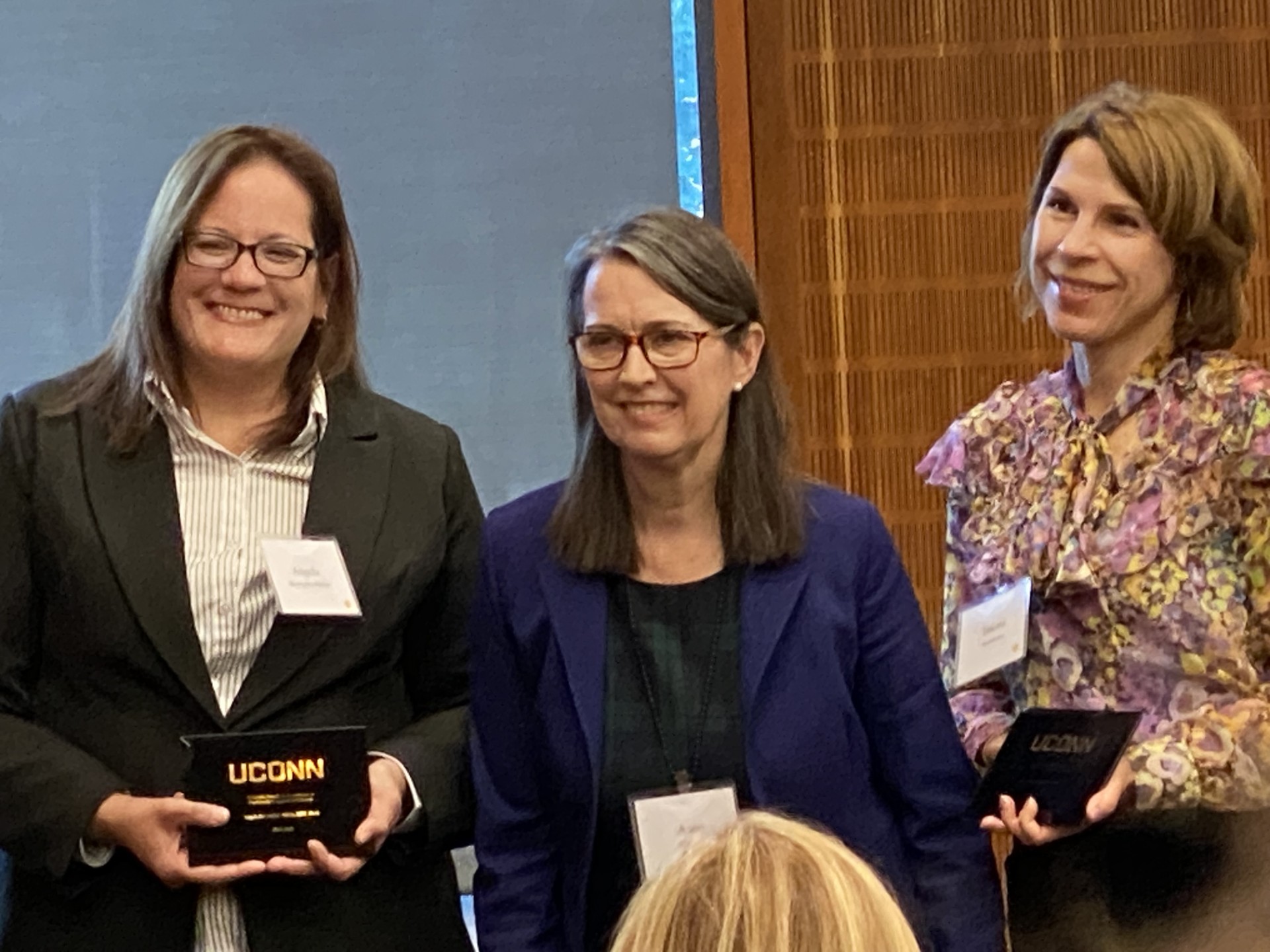Dr. Angela Bermúdez-Millán, an associate professor-in-residence in the Department of Public Health Sciences at UConn, has built her career around direct, community-focused engagement. Her research addresses critical public health challenges like food insecurity and its related health impacts, with a particular focus on vulnerable populations.
Central to her work is a community-based participatory framework that explores the social determinants of health. One notable study examines how food insecurity affects dietary habits, emotional eating, mental health, and diabetes markers in Latinas at risk for type 2 diabetes. Her goal is to develop culturally relevant interventions that address these challenges head-on.
Bermúdez-Millán’s work also extends to promoting healthy eating in low-income children enrolled in the Women, Infants, and Children (WIC) program. Through both quantitative and qualitative research, she aims to increase fruit and vegetable consumption and promote healthy weight management.
As a co-investigator on the DREAM study, she contributed to the development of a nutrition intervention for Cambodians dealing with depression, further highlighting her commitment to underserved populations.
Beyond research, Bermúdez-Millán brings her community-driven approach into the classroom. She collaborates with local organizations like the Hartford Food System and End Hunger Connecticut, enriching her courses with real-world insights. She developed and teaches the “Introduction to Interprofessional Public Health Practice,” a required course for UConn MPH students that emphasizes hands-on community involvement.
Her dedication to both scholarship and teaching exemplifies a deep commitment to addressing public health issues where they matter most—within the communities facing them.
